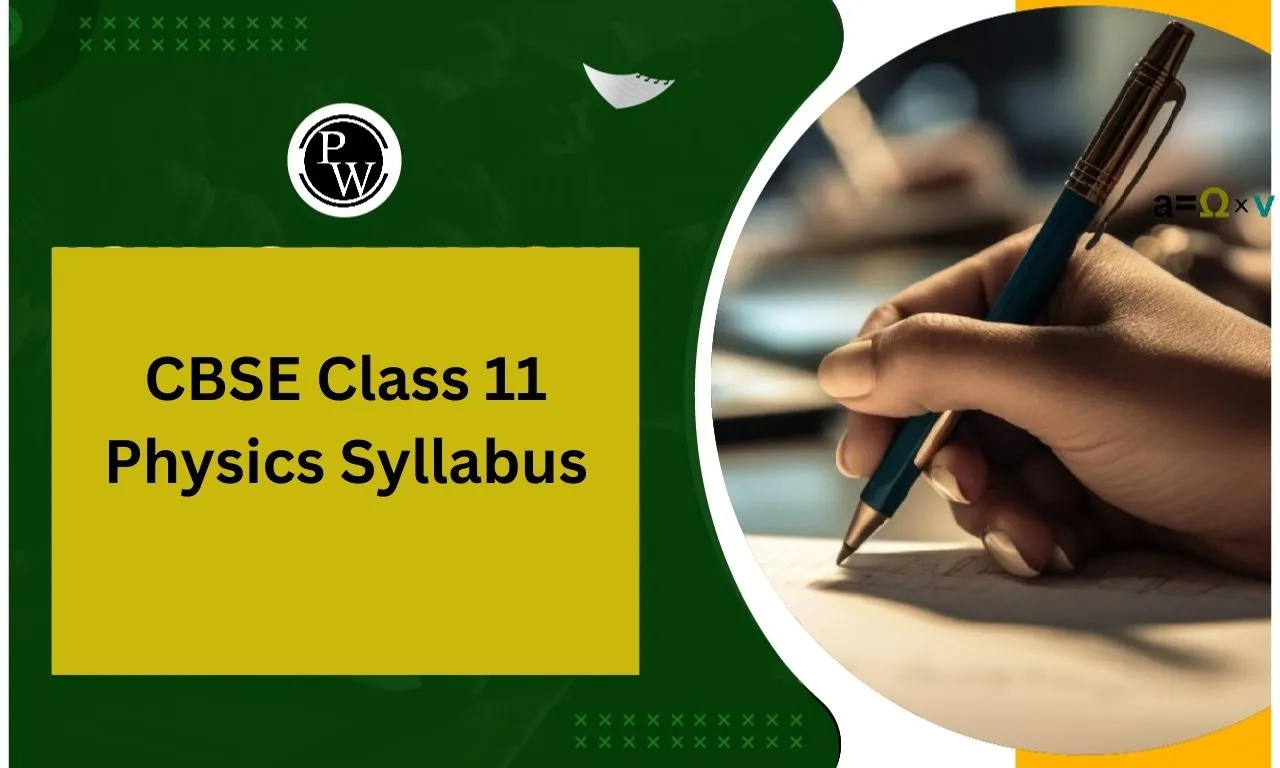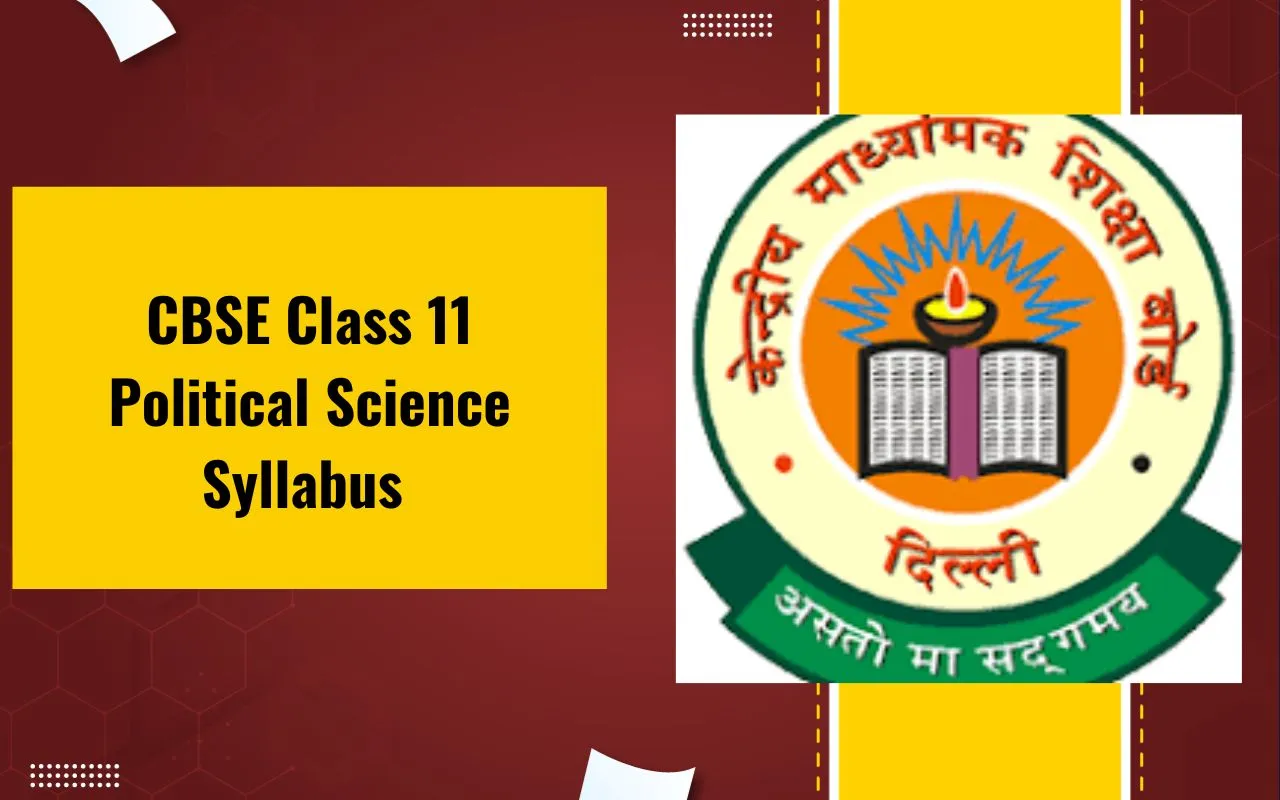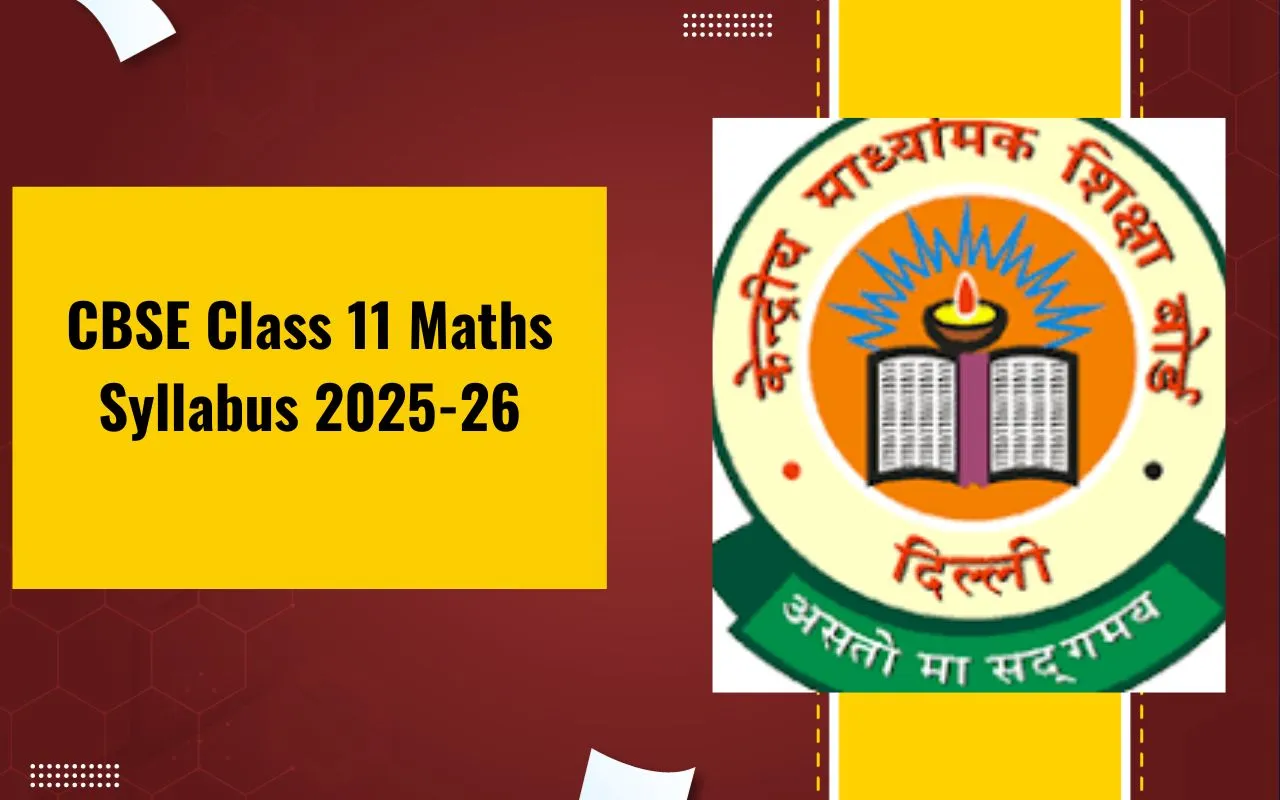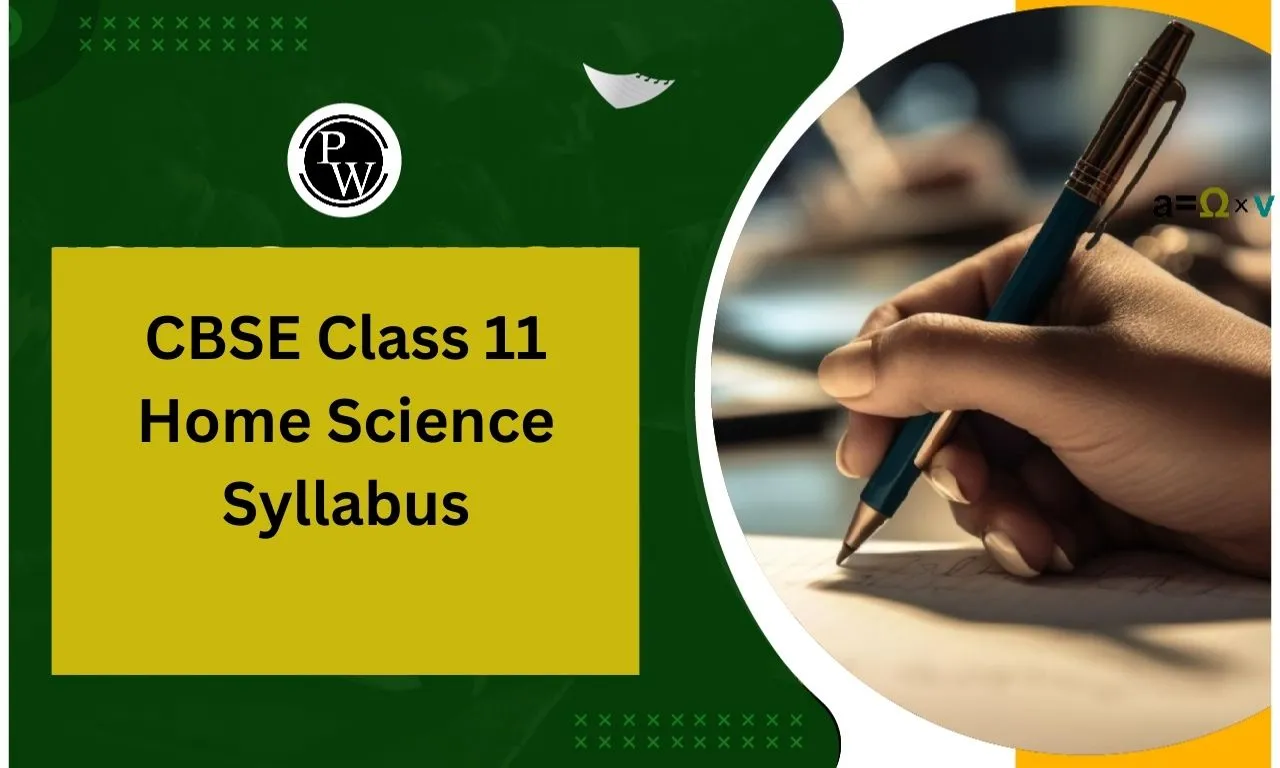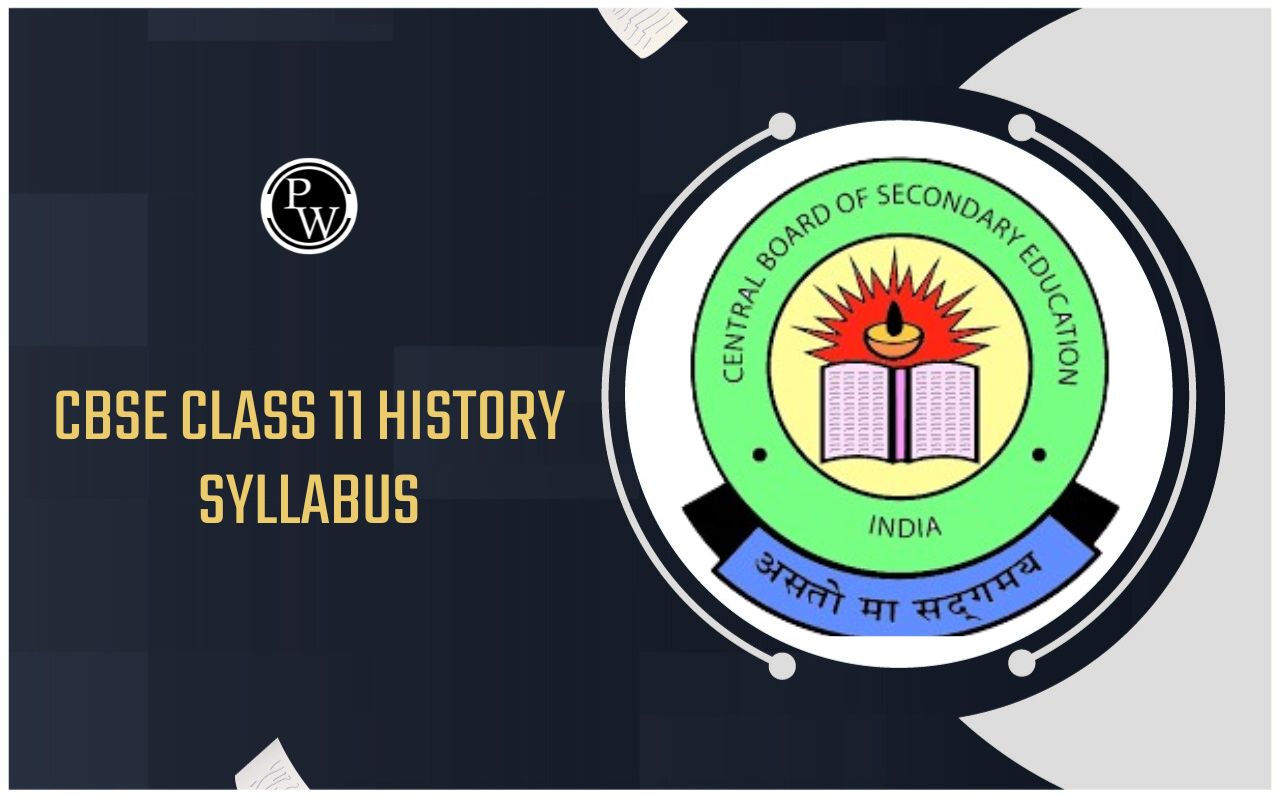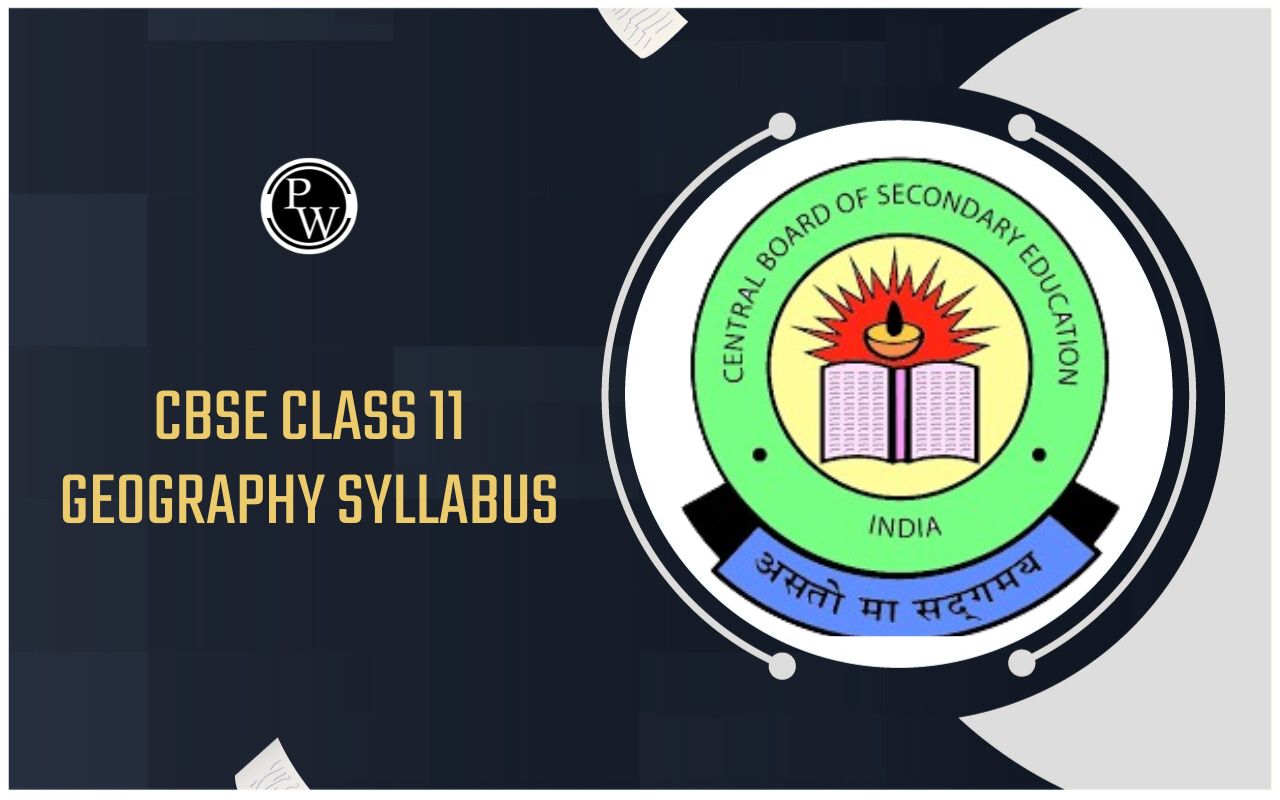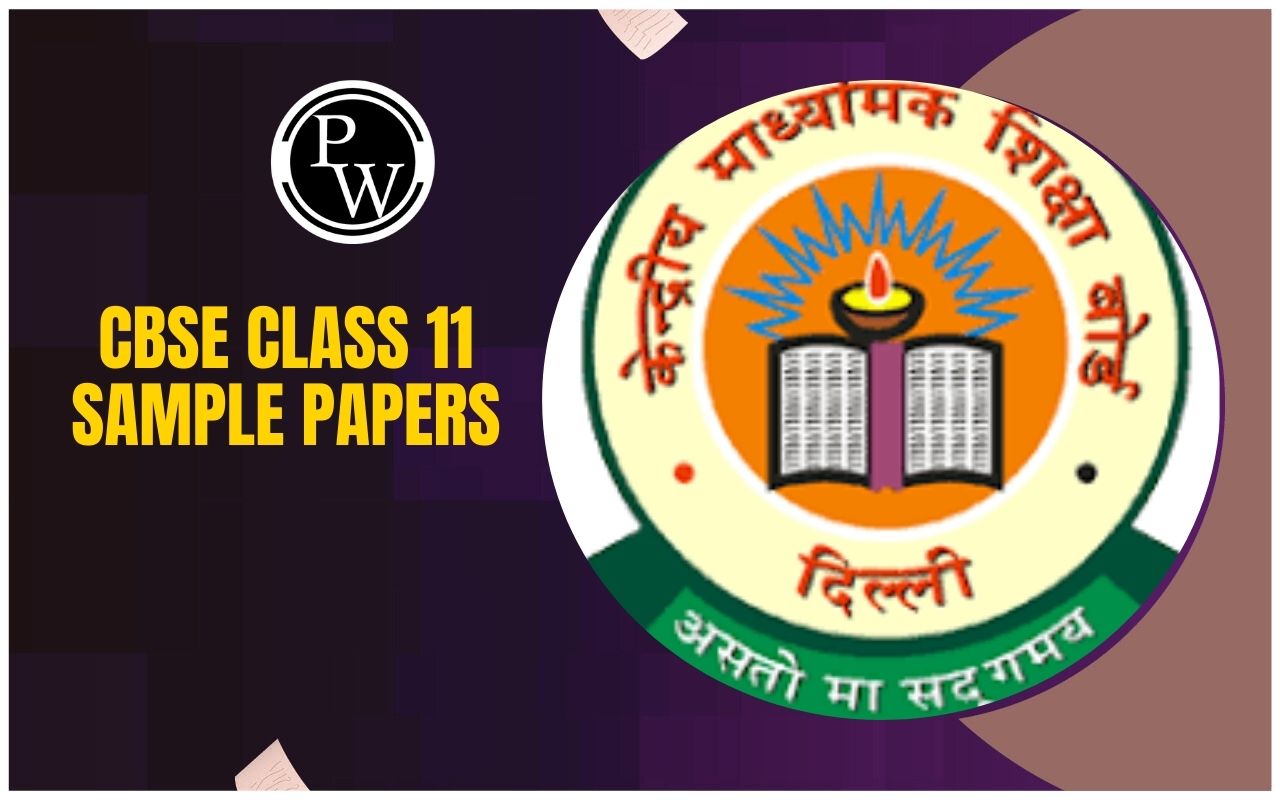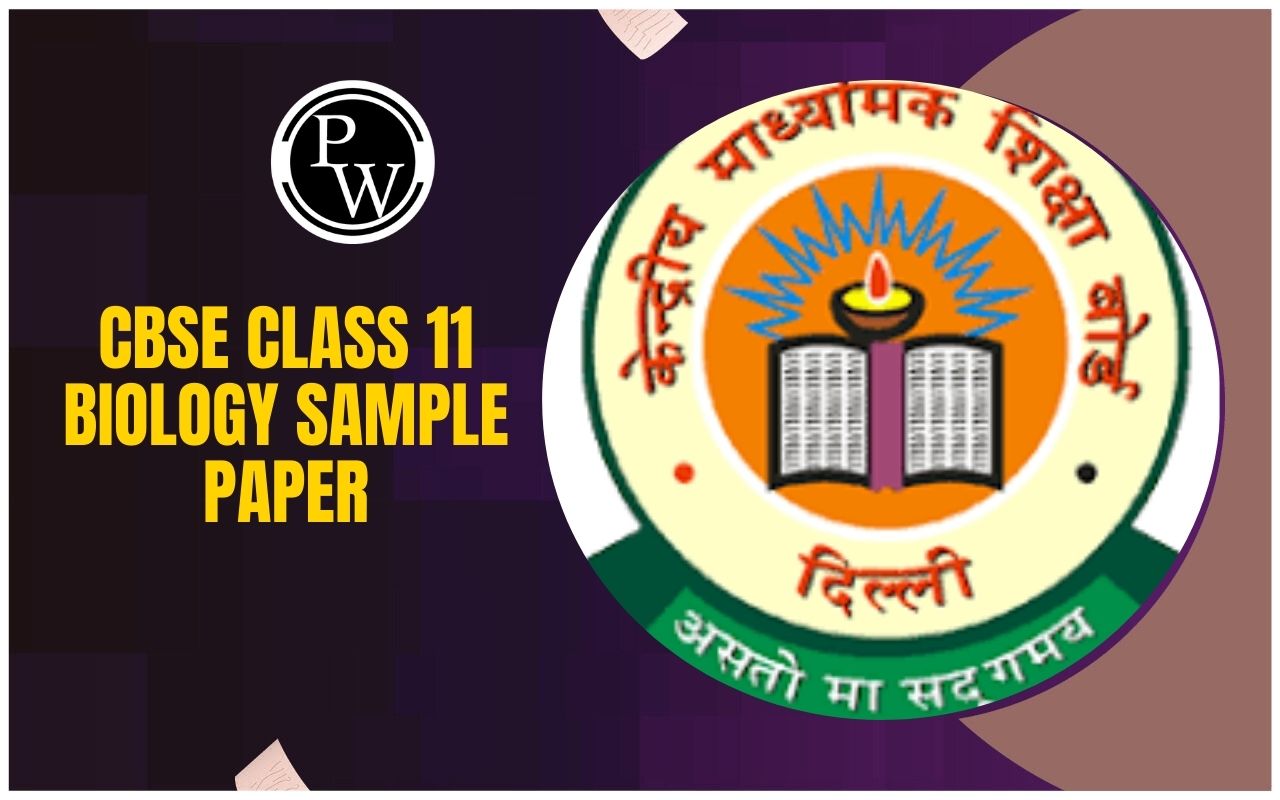
Important Questions for Class 11 Physics: Class 11 Physics lays the foundation for understanding the fundamental principles of science. Key topics include Mechanics, where concepts like motion, force, and laws of motion are explored. Work, Energy, and Power highlight the relationship between energy and force.
Thermodynamics covers heat, temperature, and the laws governing them. Waves and Oscillations focus on the behavior of waves and sound. Electrostatics introduces concepts like charge, electric fields, and potential. Additionally, modern physics delves into atomic structure and nuclear physics. Understanding these principles prepares students for both competitive exams and practical applications in everyday life.Important Questions for Class 11 Physics Overview
Important questions for Class 11 Physics play a crucial role in exam preparation by focusing on key concepts and topics. They help students identify essential formulas, theories, and applications that are frequently tested. By practicing these questions, students can build a strong foundation in subjects like Mechanics, Thermodynamics, Electrodynamics, and Waves. These questions encourage problem-solving skills, improve time management during exams, and boost confidence. Additionally, they provide a comprehensive review of the syllabus, ensuring that no important area is overlooked. Consistent practice with these questions increases retention and helps in effectively tackling both theoretical and numerical problems in exams.Chapter Wise Important Questions for Class 11 Physics PDF
In the below table, we have provided important questions for Class 11 Physics from all chapters. These questions are carefully selected to cover the key concepts and topics that are most likely to appear in exams. By practicing them, students can strengthen their understanding of core concepts like Mechanics, Thermodynamics, Electrodynamics, and Waves. This comprehensive list ensures that no essential topic is missed, helping students enhance their problem-solving skills and perform confidently in their exams.Features of Important Questions for Class 11 Physics
When designing important questions for Class 11 Physics, it's essential to focus on various features that enhance both understanding and exam preparation. Here are some key features of important questions:1. Conceptual Clarity
The questions should cover fundamental concepts like Newton's Laws of Motion, work-energy theorem, laws of thermodynamics, etc. They should focus on testing the student’s understanding of basic principles and their applications in different situations.2. Application of Formulas
The questions should encourage the use of important formulas from topics like Mechanics, Electricity, Magnetism, Optics, and Fluid Mechanics. These questions help students practice their ability to apply formulas in real-life scenarios or abstract problems.3. Problem-Solving Skills
A good number of questions should test the student's ability to solve problems step by step, requiring mathematical operations and logical reasoning. This helps in developing problem-solving and analytical skills.4. Variety of Difficulty Levels
Include questions of varying difficulty levels: easy, moderate, and difficult. This will cater to different levels of preparation and help students assess their progress. Difficult questions can include derivations or applications in unfamiliar scenarios, while easier questions test basic understanding.5. Derivations and Proofs
Questions requiring derivations (e.g., laws of motion, gravitational force, kinetic energy) are crucial to understanding the theoretical foundation. Derivations test both memory and conceptual understanding.6. Real-Life Applications
Include questions that relate to real-life phenomena, such as the working of machines, electrical appliances, or the principles behind everyday gadgets. This connects classroom learning to practical scenarios, making the subject more interesting and engaging.Benefits of Using Important Questions for Class 11 Physics
Here are the key benefits of using important questions for Class 11 Physics:Enhances Conceptual Understanding : Helps students strengthen their grasp on core concepts by testing their knowledge and comprehension of fundamental principles.
Improves Problem-Solving Skills : Encourages students to practice problem-solving, enhancing their ability to tackle different types of questions with confidence.
Prepares for Examinations : Provides a focused way to revise and prepare for both board exams and competitive exams by targeting high-yield topics.
Promotes Time Management : Helps students practice solving questions within a time frame, improving speed and efficiency during exams.
Builds Confidence : Repeated practice of important questions boosts students’ confidence in their ability to tackle similar problems during exams.
Identifies Weak Areas : Helps pinpoint areas where the student may be struggling, allowing for targeted revision and improvement.
Fosters Analytical Thinking : Questions often require students to analyze scenarios, encouraging logical reasoning and critical thinking.
Important Questions for Class 11 Physics FAQs
What is the hardest chapter in physics class 11?
Is 11th physics tough?
Who is the father of physics class 11?
How to understand physics easily?

